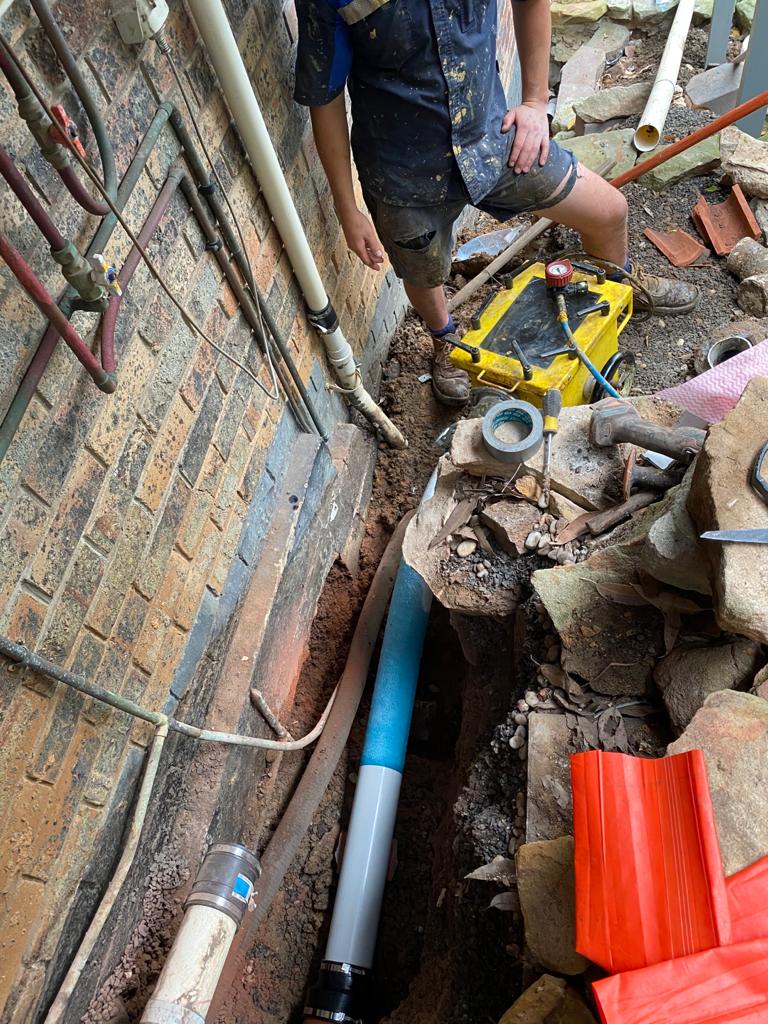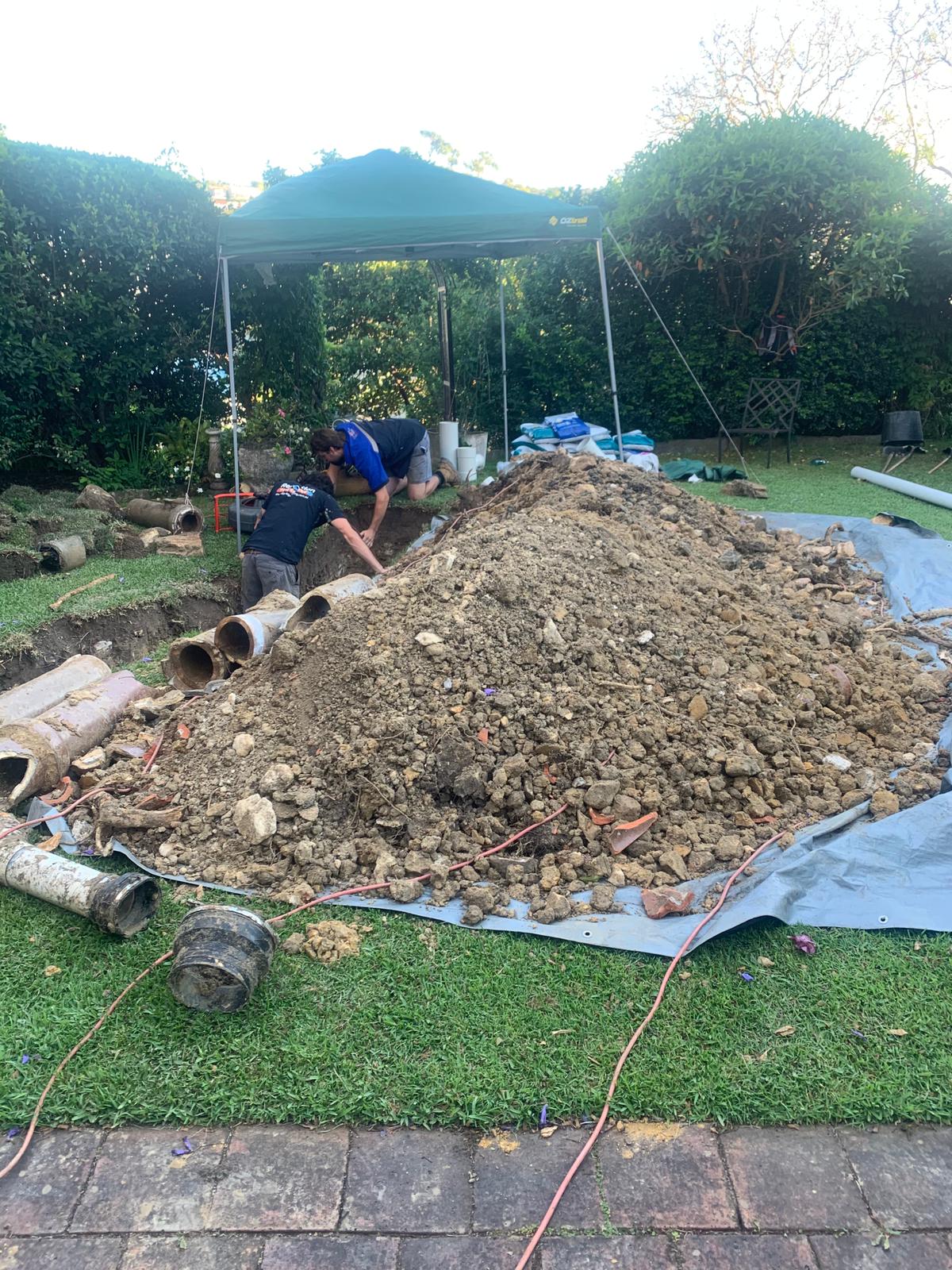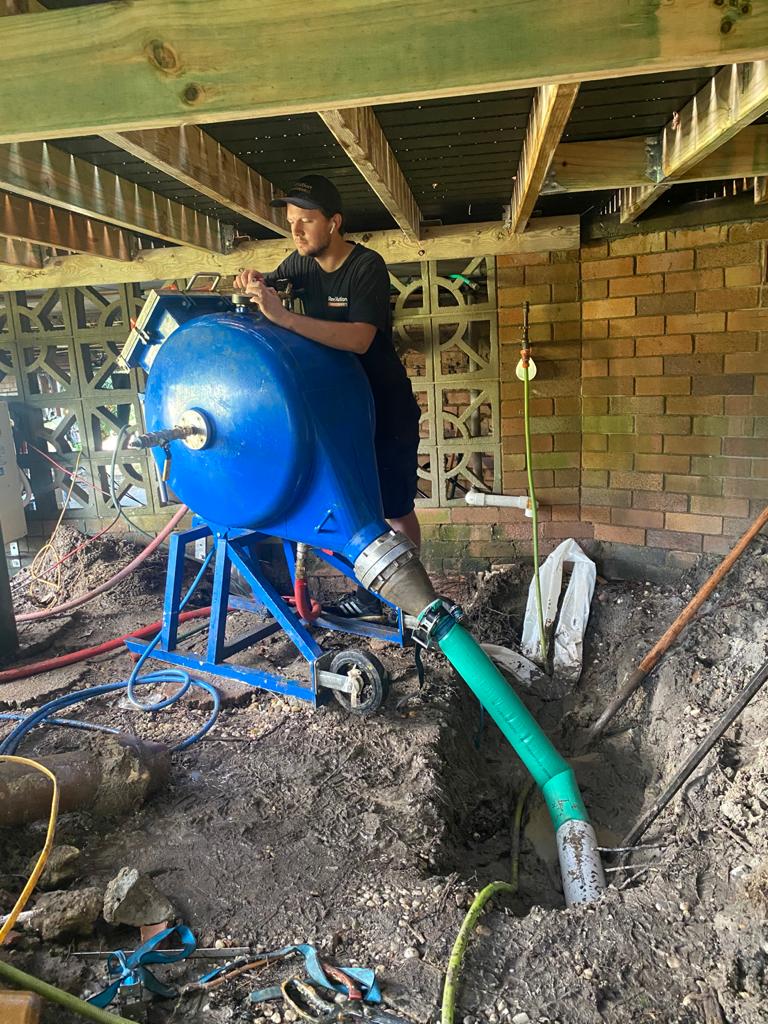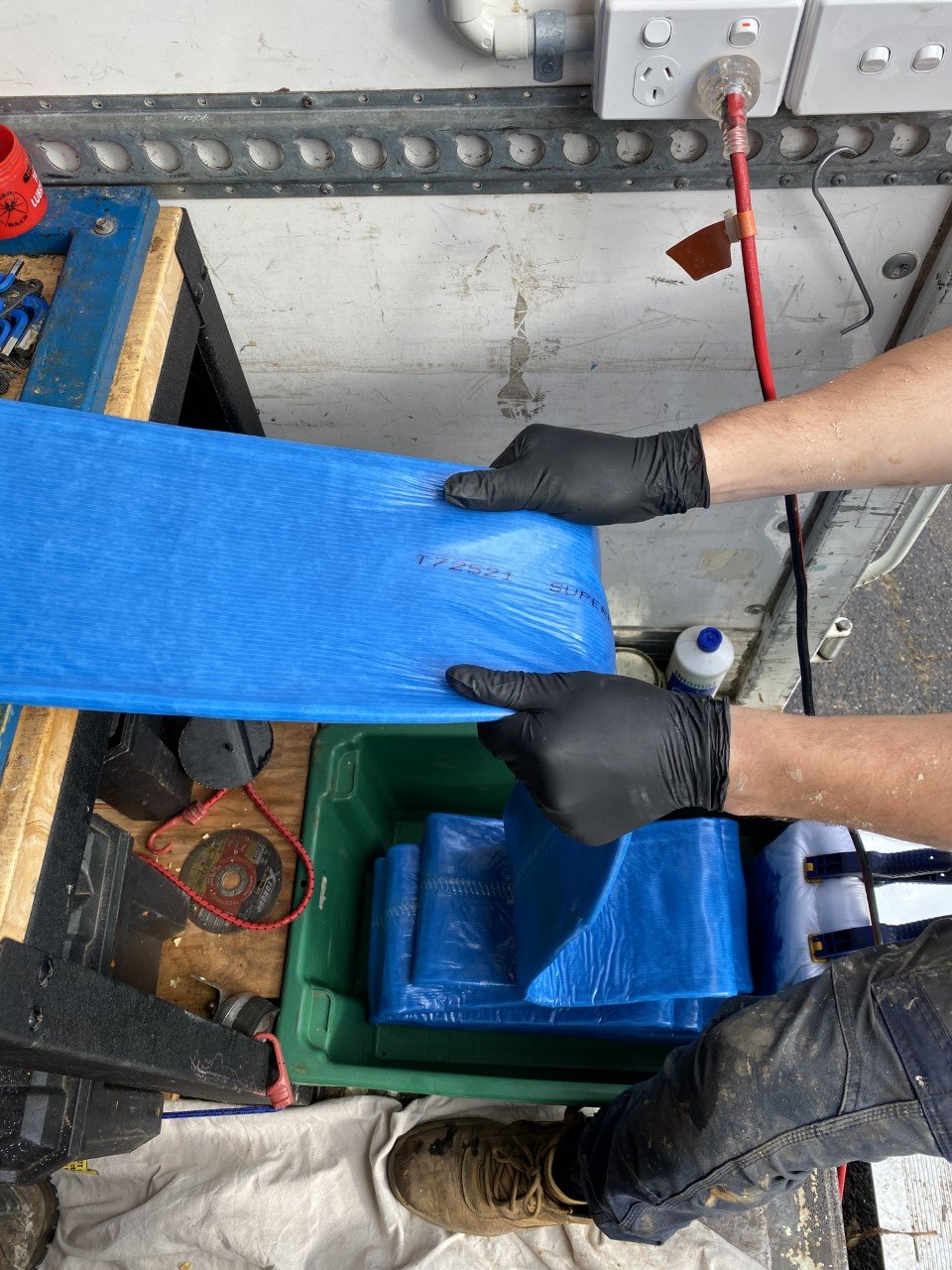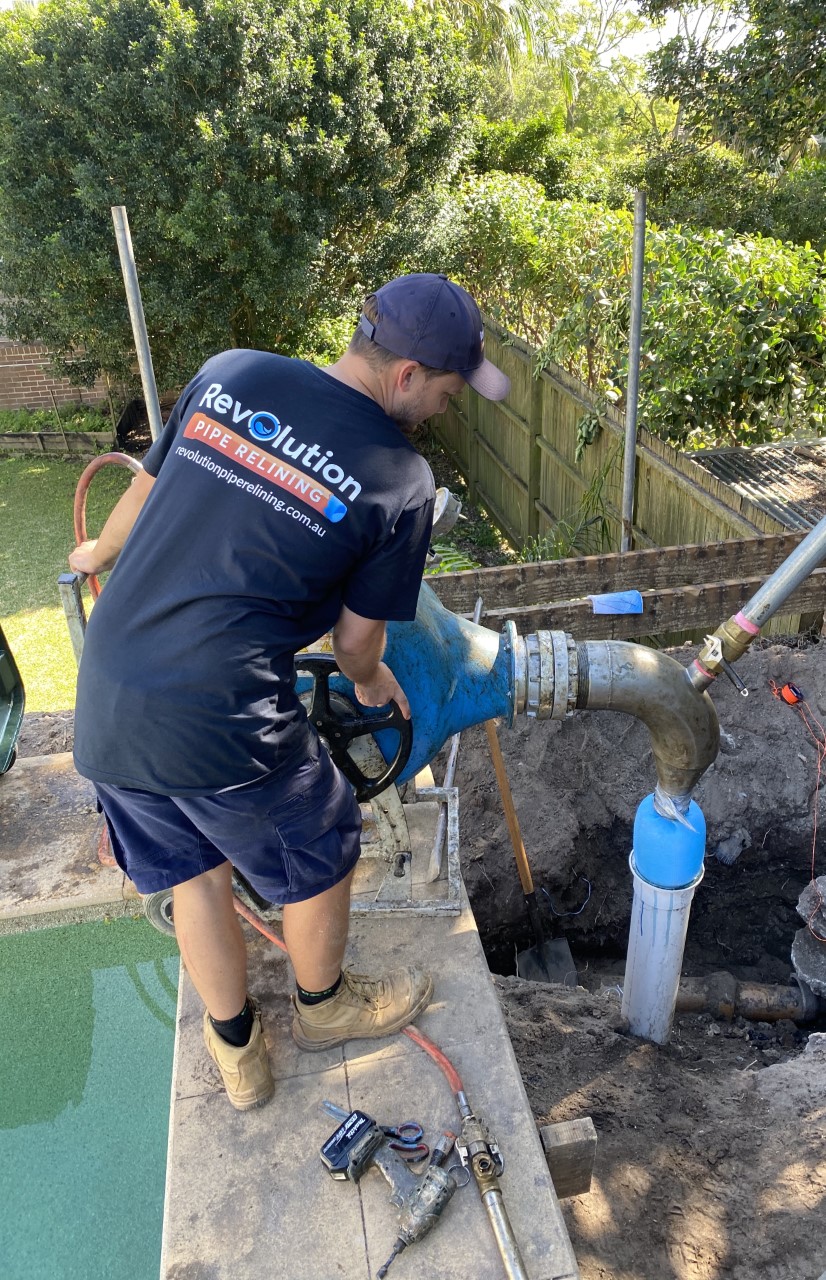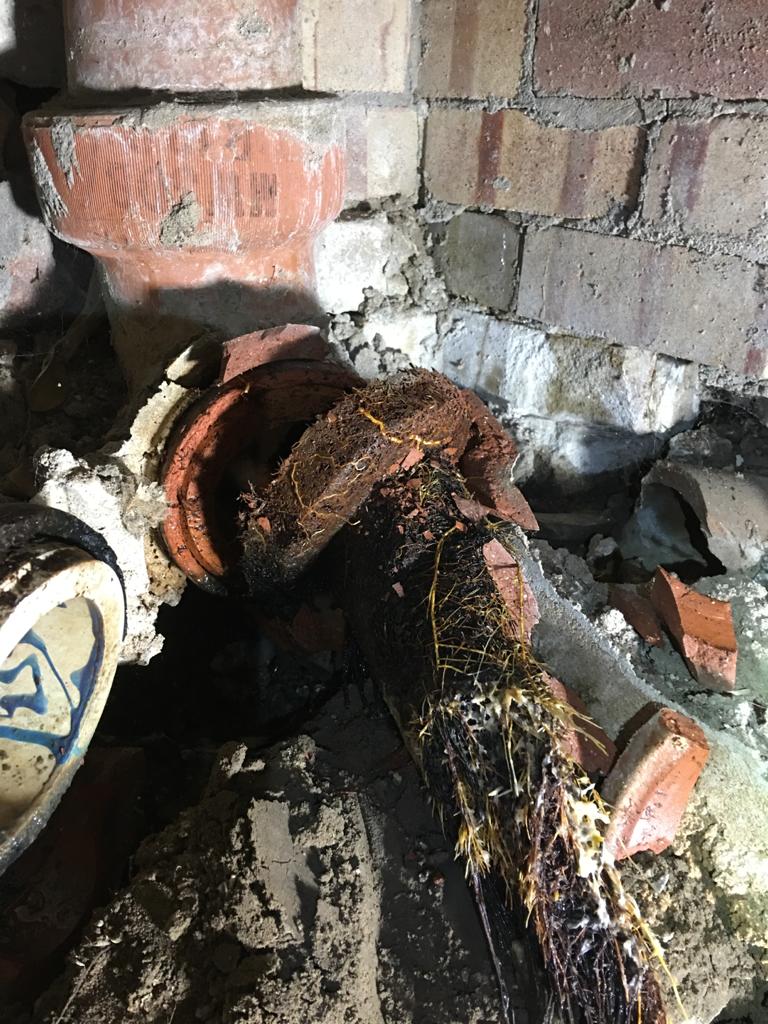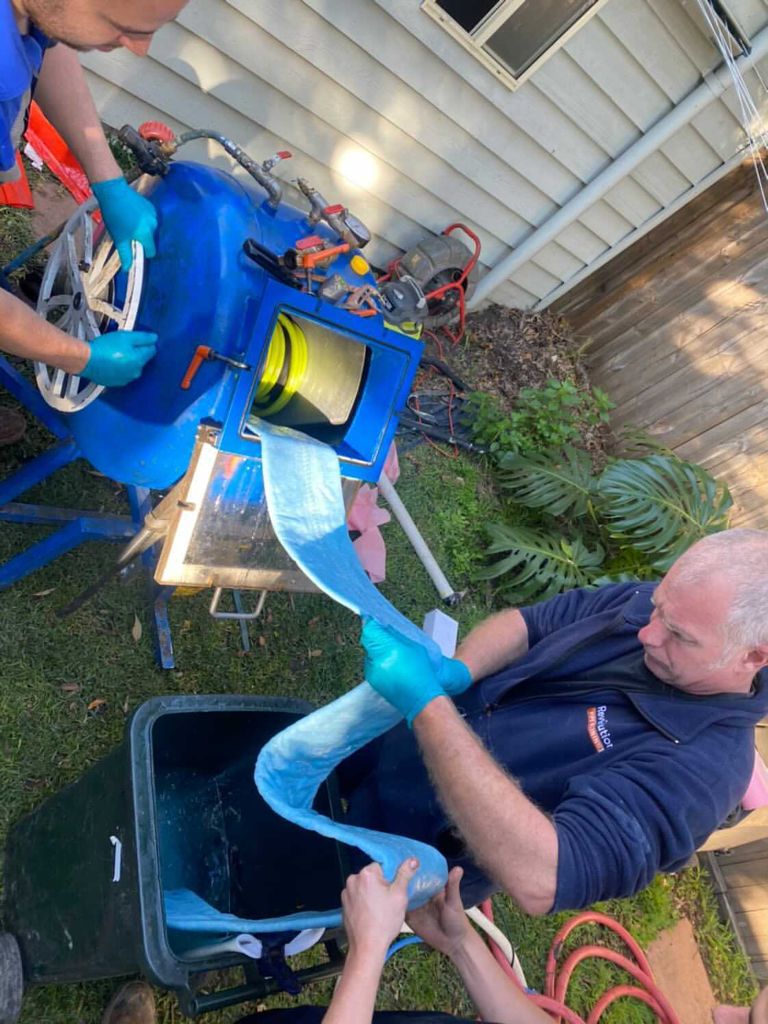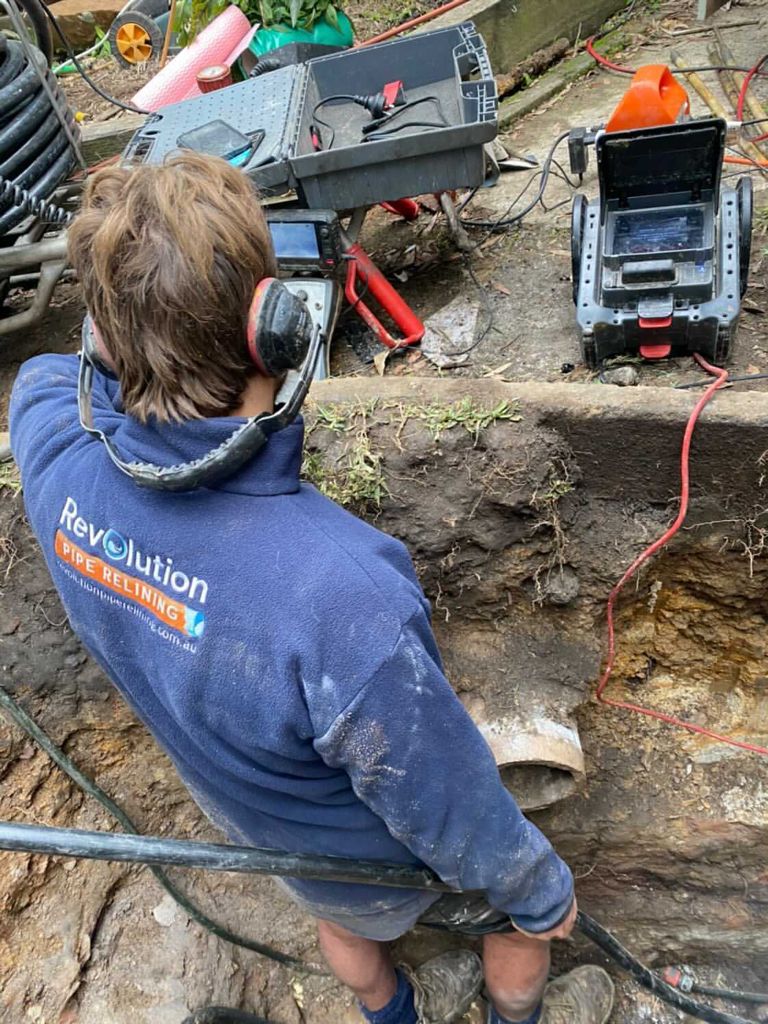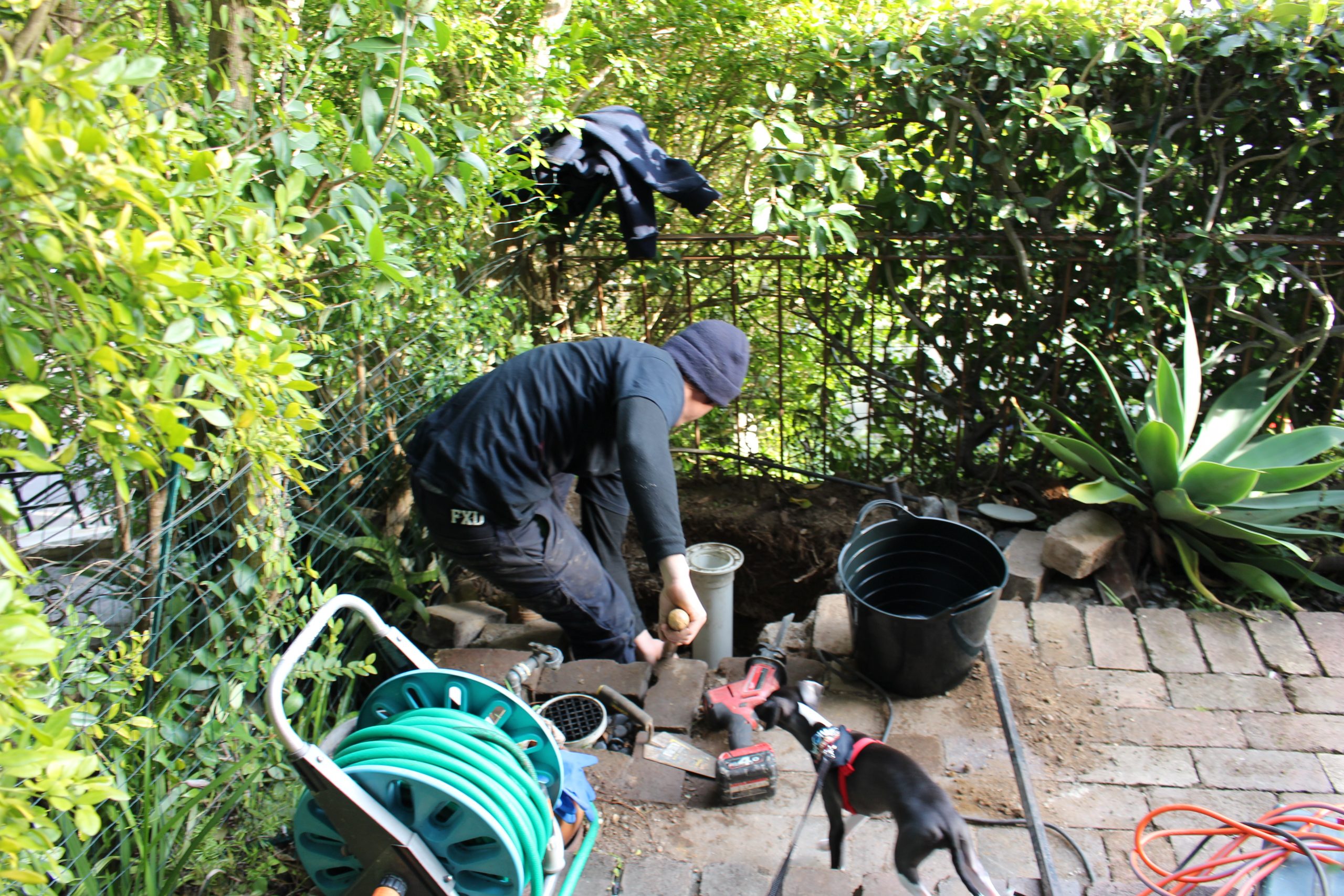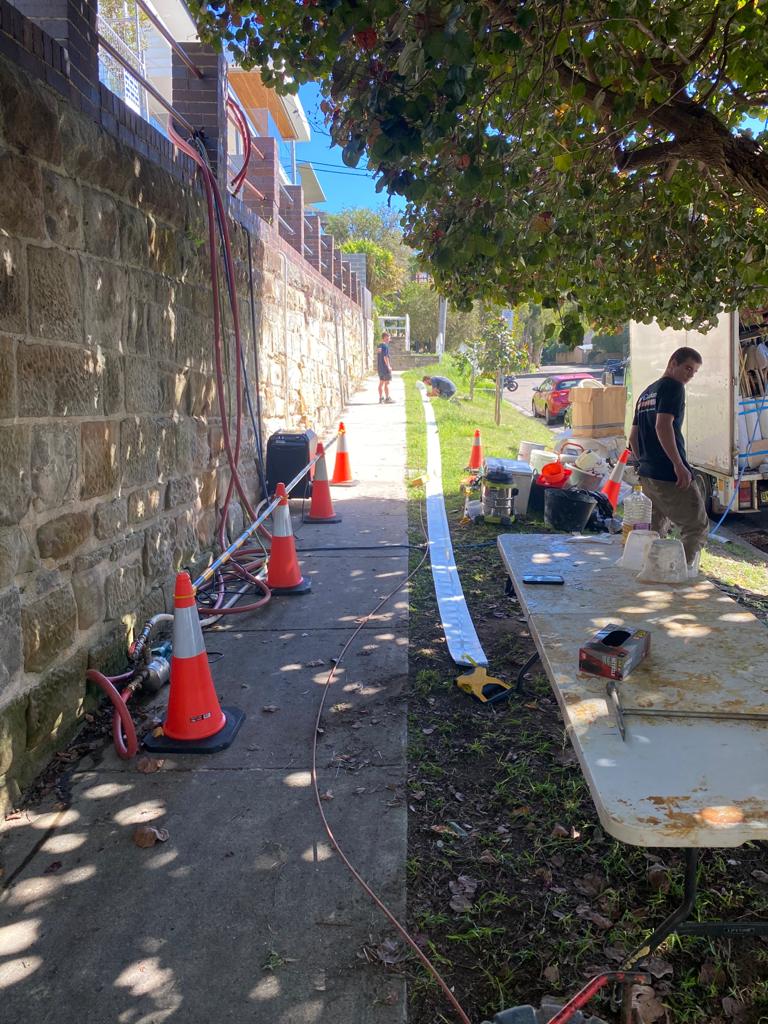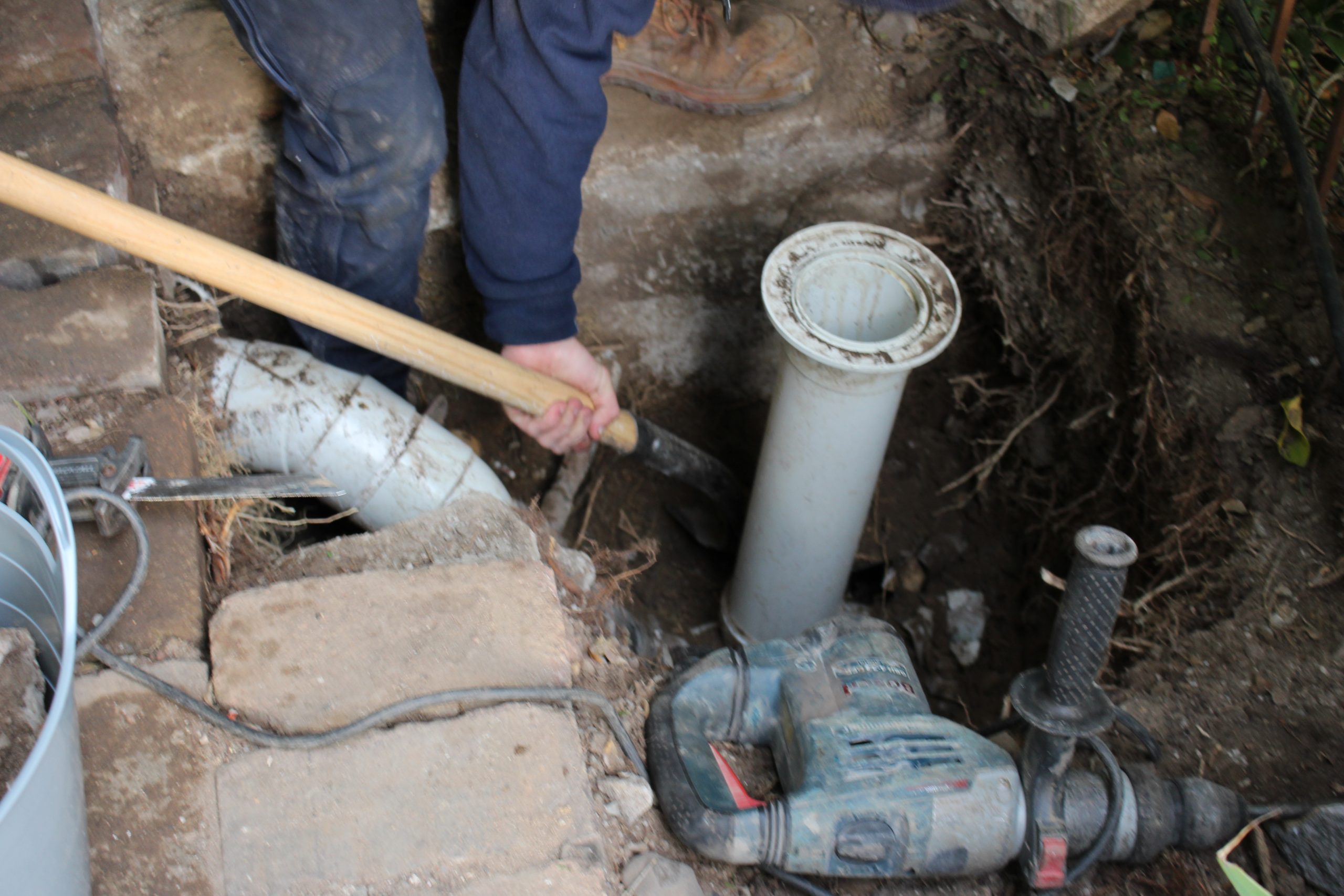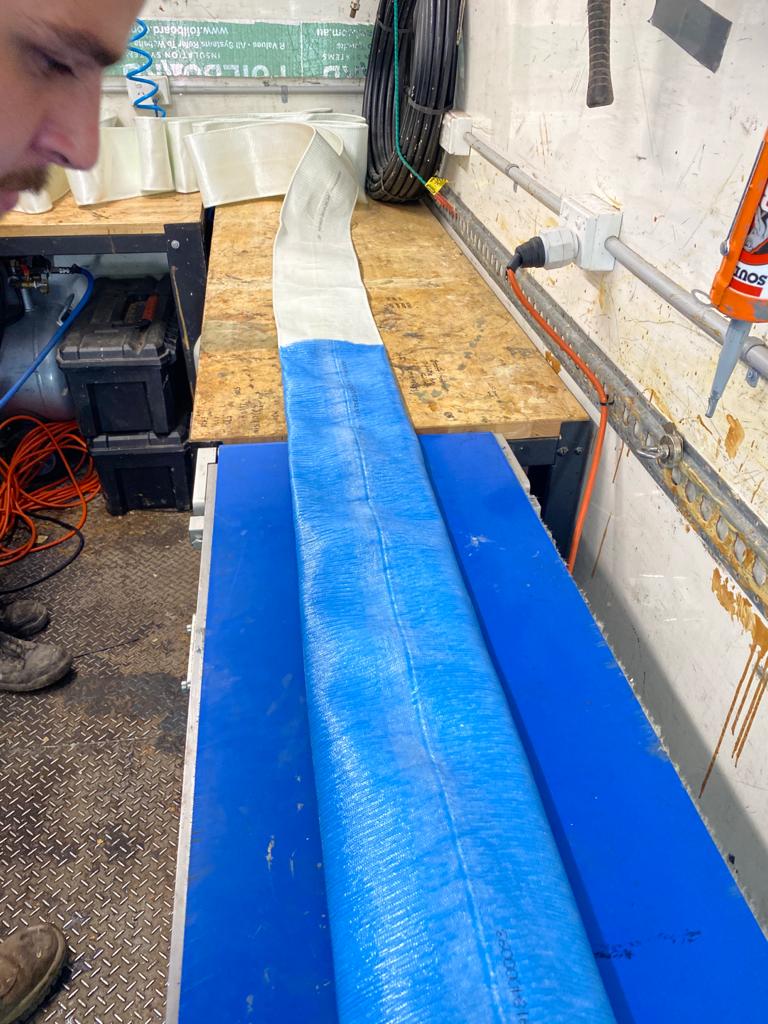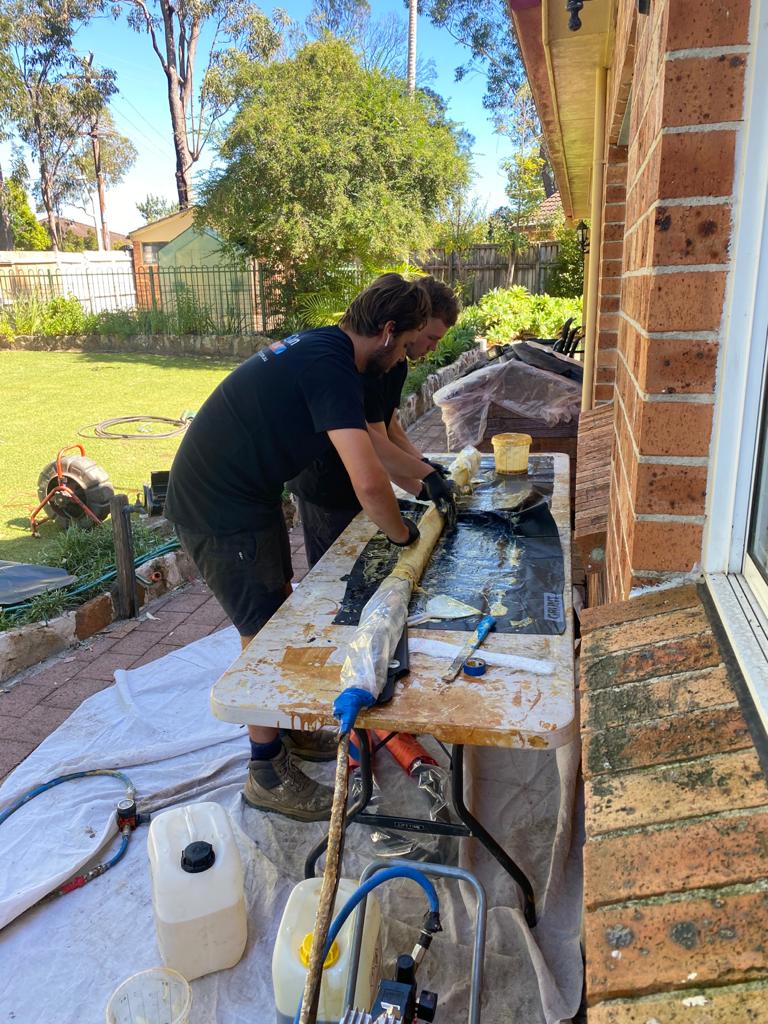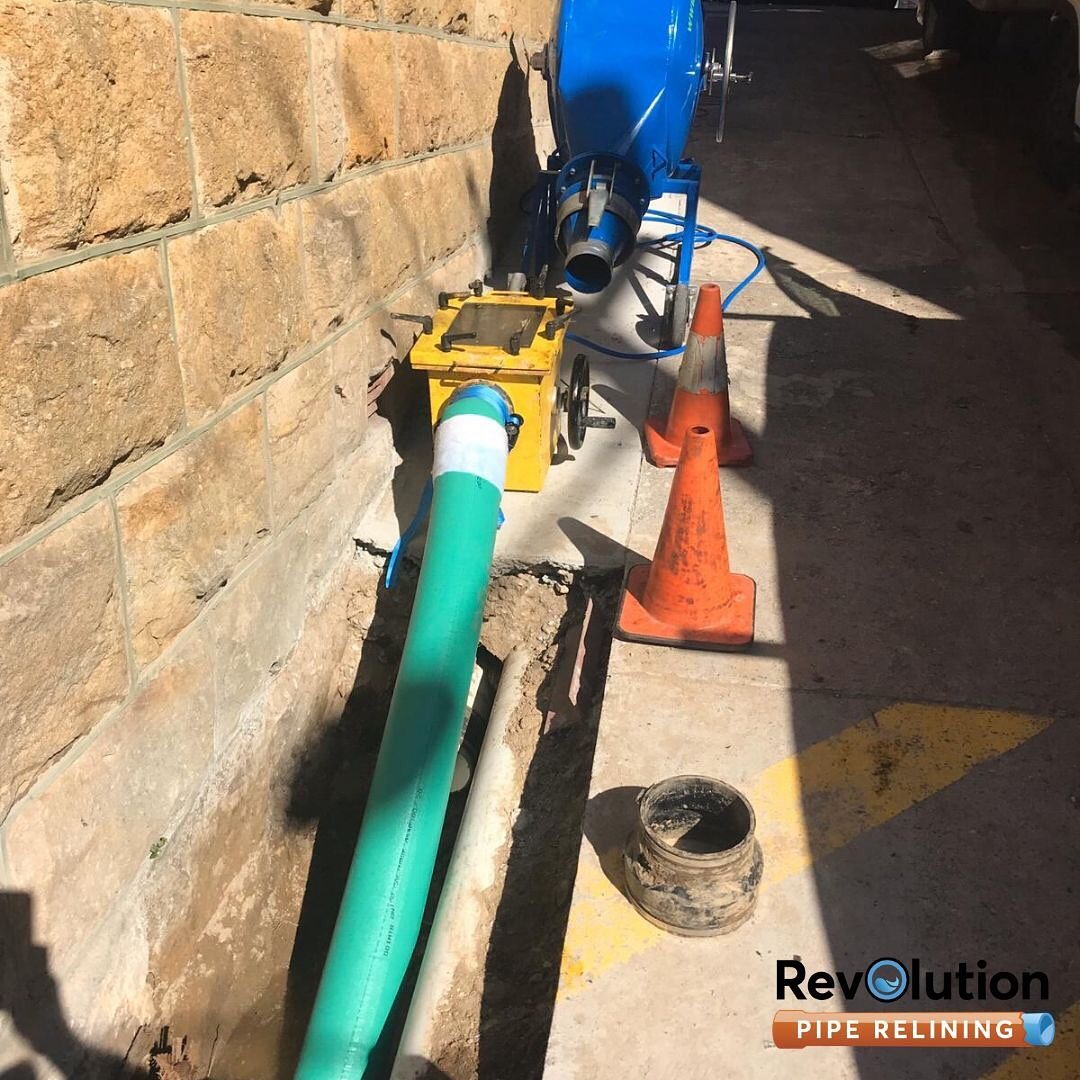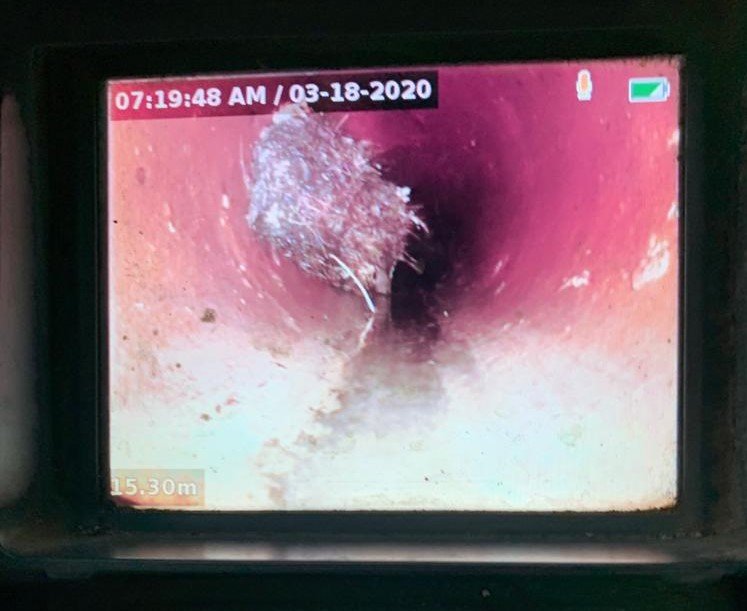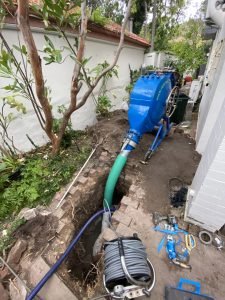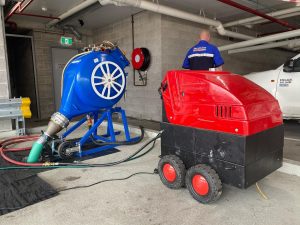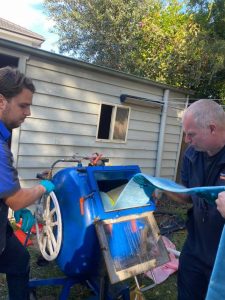6 Household Areas Water Damage can Occur and How to Spot the Sign
- Household leaks can cause undesirable damage and hefty cost to your home if the underlying cause isn’t identified and handled immediately. Before you call a professional to fix a leak for you, perform leak detection first to confirm the source. Here are a few ways to spot them yourselves in your plumbing.

6 Household Areas Water Damage can Occur and How to Spot the Sign
Hot Water Heaters
- Most water heater failures develop as they age or nearing their end of life expectancy, and the tank begins to rust or wear away. A deteriorated tank usually leads to a leak or a sudden burst due to years of sediment building up in the bottom. Water heaters that are not installed correctly can also leak prematurely, leading to early replacement.
Leak Detection: Nothing beats regular maintenance. Just like other parts of your plumbing, severe issues with the water heater are prevented with regular maintenance; this includes an inspection of the water heater’s anode rod and flushing sediment from the tank. To check if your hot water heater is the source of a water leak, disconnect the drain pipe and use your hearing senses for a hissing sound. You can also look for pooling water underneath the tank. If you hear water rushing or dripping while you stand alongside your water heater, follow the sound and look for visual confirmation of a leak. If you can hear water, but no leak is evident, there’s likely a break inside the tank. This can occur as a result of normal wear and tear and the only sensible solution is a replacement water heater.
Toilets
- Of all areas in the house that a leak can develop, the toilet is the messiest. Toilet leaks can come from the tank or water supply, but the most damaging leaks occur at the wax ring and flanger. Cracks on the tank or the bowl, corroded pipes that lead from your wall to your toilet, loose or worn-out seal at the base, misadjusted flush valve assembly and worn out flapper are common reasons a toilet can develop a leak.
- Leak Detection: A leaky toilet can have a major impact on your bill, so make it a habit to check toilets for any leaks and inspect the pipes that run from the wall to your toilet. When pipes running behind walls burst or begin to leak, the water will crawl its way through the walls and produce wet spots that can be damaging to your home’s foundation. Be watchful for any pooling water around the base of your toilet too, this will tell you that you might have loose or worn-out toilet parts. Toilet making sounds even if not used, or water trickling down the sides of the toilet bowl after it’s been flushed are also some of your telltale signs.
Gutters
- Not all water damage sources happen inside the house. A gutter filled with an overwhelming volume of leaves sticks from broken tree limbs, dirt, and other debris can cause water to flow and seep into your home’s foundation; this is the common cause of basement flooding. Sometimes the size of the gutter you’ve installed is also the reason it overflows. If they are simply too small, they won’t be able to handle a massive amount of rainwater flowing down the roof during a heavy rainstorm.
- Leak Detection: Manage to check for choked downspouts and leaks in the basement. Trim your trees or regularly clean your gutters to prevent this. If your gutter is too small against the amount of rain you’re getting every year, consider replacing them.
Sump Pump
- Whilst sump pumps are effective in removing excess rainwater away from home, they can fail and create the risk for basement flooding, especially after a heavy storm. If the water level reaches a certain point it can’t handle, the sump pump automatically turns on and expels the excess rainwater from your basement to prevent flooding. Many sump pumps have check valves that sense escalating water and pressure. Over time the valve can develop leaks either due to loose connections to the pipes or a failing internal valve.
- Leak Detection: Inspect the centre connection of the check valve for a water leak. The part where the pipes connect to the valve is usually the spot where leaks occur. Use your senses to feel around that area for moisture or dripping water. If you want your sump pump to handle whatever Mother Nature brings and to prevent it from future failure, an annual check-up is recommended. After winter is the best time to do this when you’re prepping your home for spring storms.
Downspouts
- A well-conditioned downspout defends your home against foundational damage. Ever wonder in what way? Rainwater runoff expelled from downspouts right at the base of your exterior walls can make the water pools and soaks into the soil. It can over time work its way into the foundation, resulting in leaks against the wall. To prevent this, direct the rainwater away from the house by installing a downspout diverter. Downspout diverter fits onto the bottom of downspouts and unfurls to dispatch water several feet away from the house.
- Leak Detection: A missing mulch or soil erosion near the downspout is a sign that it is not effectively directing the water away from the foundation of your home. Paint peeling around your downspout is also another sign of improper draining. Check all downspout segments if they are securely attached. If you have downspout strainers, make sure that it is not crowded with leaves or debris. A stormwater pipe relining specialist will be able to tell you easily if they are in place and working as expected.
Water Pipes
- Especially on the days where water can hit freezing point, pipe bursts are an extremely common issue as the water expands and adds overwhelming pressure to stressed pipes. But even on regular days, the pipe is bound to fail either due to normal wear and tear, age, or improper usage. Drainpipe, sewer pipe and stormwater pipe when clogged with debris can eventually develop leaks.
- Leak Detection: The easiest way to verify a pipe leak is to check your water meter. However, this device only verifies large leaks. Even when small leaks are detected, this does not have the function to tell you where the exact location is. If you’re concerned you might have pipe leaks, we can definitely help.
Professional Leak Detection
- It only takes one inch of water to cause horrendous disasters in your home. An inch of water may be pumped out very quickly, assuming you have electrical power to run a pump, but it can still cost you thousands of dollars in damages, so it is important to ensure you regularly monitor any water leaks in your home.
- At this point, if you still cannot find the source of your water leak, it only means the source could possibly be coming from your roof or they are silently doing their job now to bring you some plumbing surprise. Whatever the situation may be, don’t risk serious injury trying to inspect or repair it yourself. Unless you’ve successfully done it in the past, hire a professional for this work. If the cause of the leak is a blocked sewer, our team is the best there is.
- Our sewer pipe relining contractors are especially equipped to assess any potential leak issues you may be having with your plumbing at home. We are also experts in sewer pipe relining in Sydney and we’ve been using the sewer pipe relining method to accurately locate leaks, remove clogs, as well as in restoring busted pipes to useful service life.
YOU MAY ALSO LIKE:
blog
6 Summer Plumbing Problems You Need to Watch Out For
By admin
/ December 16, 2021
6 Summer Plumbing Problems You Need to Watch Out For With warm weather going, and your family might again decide...
Read More
blog
Sewer Pipe Problems That Can Ultimately Lead to Costly Pipe Replacement
By admin
/ December 14, 2021
Sewer Pipe Problems That Can Ultimately Lead to Costly Pipe Replacement It’s no surprise that if you pay no attention...
Read More
blog
Practical Tips to Clear Clogged Drains
By admin
/ December 9, 2021
Practical Tips to Clear Clogged Drains All plumbing systems develop clogs—there’s no way to avoid it. Sometimes, you just have...
Read More
blog
Facts About Pipe Relining Cost
By admin
/ December 9, 2021
Facts About Pipe Relining Cost If you’d have to run some figures because you’re leaning towards getting your pipes in...
Read More
blog
Replacing Pipes Without Impairing Your Property
By admin
/ December 9, 2021
Replacing Pipes Without Impairing Your Property Have you ever seen excavation works in your neighborhood, or on your way home?...
Read More
blog
Pipe Replacement: Important Things to Know Off the Bat
By admin
/ December 8, 2021
Pipe Replacement: Important Things to Know Off the Bat Replacing pipes in your house can be a huge undertaking. Unless...
Read More
blog
7 Ways to Clear a Blocked Drain
By admin
/ December 7, 2021
7 Ways to Clear a Blocked Drain Without sugar-coating the situation, blocked drains are downright disgusting and it brings along...
Read More
blog
Why Pipe Relining Cost Should Not Matter
By admin
/ December 1, 2021
Why Pipe Relining Cost Should Not Matter A lot of homeowners cowers at the idea of pipe repair, not because...
Read More
blog
Plumbing Maintenance You Don’t Need to Call the Pro
By admin
/ November 30, 2021
Plumbing Maintenance You Don't Need to Call the Pro Not every homeowner's a fixer-upper, but that doesn't mean you can't...
Read More
blog
Why You Should Not Miss Out on the Plumbing Pipe Red Flags
By admin
/ November 29, 2021
Why You Should Not Miss Out on the Plumbing Pipe Red Flags Every fixture in the house heavily relies on...
Read More
blog
When Sewer Problems Go Out of Control
By admin
/ November 26, 2021
When Sewer Problems Go Out of Control A well-maintained sewer system routes all waste to the city’s sewer without a...
Read More
blog
Pipe Replacement Sydney – The Good and the Bad Truth
By admin
/ November 22, 2021
Pipe Replacement Sydney - The Good and the Bad Truth Are your plumbing pipes at home severely in bad shape?...
Read More
blog
Expert Tips on Clearing Blocked Drains
By admin
/ November 16, 2021
Expert Tips on Clearing Blocked Drains Despite well-designed plumbing, almost inevitably, clogs can still occur in your drains because of...
Read More
blog
The Advantage of Catching Plumbing Issues Early on
By admin
/ November 15, 2021
The Advantage of Catching Plumbing Issues Early on Did you ever have to spend on an unexpected home repair? May...
Read More
blog
The Danger of Missing Out on Professional Drain Cleaning
By admin
/ November 9, 2021
The Danger of Missing Out on Professional Drain Cleaning You take your car in for regular inspection because you know...
Read More
blog
Reasons Why You Need Pipe Replacement
By admin
/ November 4, 2021
Reasons Why You Need Pipe Replacement Your plumbing pipe does a lot of work daily. From keeping up with high...
Read More
blog
6 Great Ways to Take Care of Your Plumbing
By admin
/ October 25, 2021
6 Great Ways to Take Care of Your Plumbing Every homeowner’s wish is prolly not to deal with any plumbing...
Read More
blog
Preventing Clogs in Different Areas in Your Home
By admin
/ October 22, 2021
Preventing Clogs in Different Areas in Your Home We can tell from experience that when your plumbing is not in...
Read More
blog
Plumbing Sounds You Should Not Ignore
By admin
/ October 19, 2021
Plumbing Sounds You Should Not Ignore Did you hear gurgling or knocking sounds in your house that just seem to...
Read More
blog
Why Do You Need a CCTV Pipe Inspection Sydney
By admin
/ October 18, 2021
When is the Best Time to Replace or Repair My Plumbing? Did you find yourself dealing with plumbing problems over...
Read More

